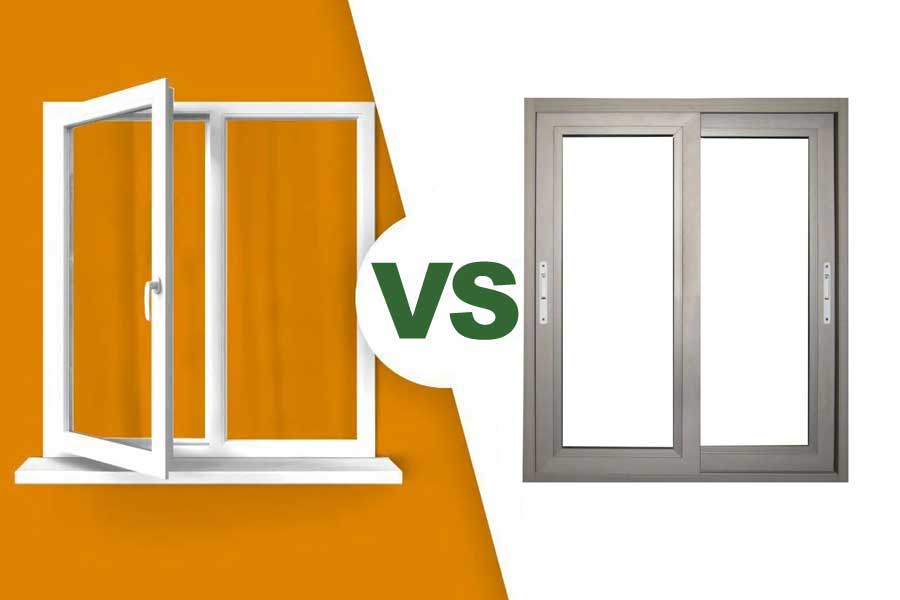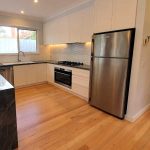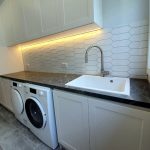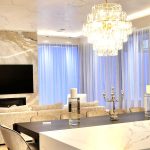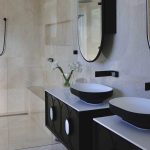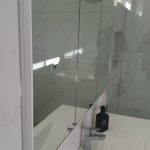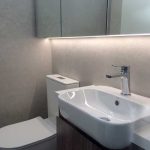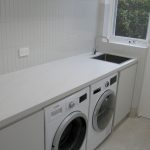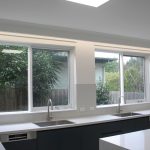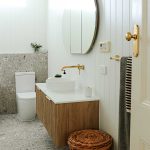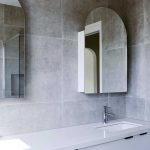When planning a home renovation, selecting the right window frames can have a big impact on comfort, style, and energy bills. Two popular choices in Melbourne are aluminium and uPVC. Each offers unique benefits, making it tough to choose the perfect fit for your house, apartment, or even a DIY project.
Aluminium and uPVC window frames dominate the Australian market. They are known for their durability and effectiveness in insulation. While aluminium offers a sleek, modern design with long-lasting performance, uPVC boasts affordability and superior energy efficiency.
But which is better?
- Benefits of Aluminium Windows
- Benefits of uPVC Windows
- Superior Insulation with uPVC
- Durability of uPVC
- Cost-effectiveness of uPVC
- Low Maintenance Requirements
- Comparing Aluminium and uPVC
- Choosing the Right Windows for Your Home
Benefits of Aluminium Windows
Durability of Aluminium
Aluminium windows are the top choice for those seeking a strong, long-lasting frame. Known for their robustness, aluminium frames can last for over 50 years if well-maintained, making them ideal for the unpredictable Melbourne weather. The metal’s resistance to rust, corrosion, and physical damage ensures that it remains a solid investment. Unlike other materials, aluminium is designed to withstand Melbourne’s coastal climate, making it suitable for homes in both coastal and inland areas.
Design Flexibility
Aluminium frames offer a wide variety of design options. Their strength allows for slimline frames, which can support larger glass panels, giving your house or apartment a modern, stylish look. With over 150 RAL colour finishes and wood-effect foils, they can match any design theme. This flexibility makes them popular among builders and renovators who aim to achieve a clean, contemporary aesthetic.
Energy Efficiency of Aluminium Windows
When it comes to energy efficiency, aluminium windows have made significant strides, especially with the advent of double glazed windows. While aluminium is naturally a good conductor of heat, thermally broken aluminium frames have transformed its thermal performance. These frames feature an insulating barrier that separates the interior and exterior parts of the window, effectively reducing heat transfer. When paired with double glazed windows, this setup offers excellent insulation, keeping your home cooler in summer and warmer in winter. This is particularly beneficial for Melbourne homes, where temperature variations can be extreme. The added benefit of double glazing also contributes to soundproofing, making your house quieter and more comfortable. Although aluminium may not inherently match the insulative properties of uPVC, thermally broken designs combined with double glazing can achieve significant energy savings. Homeowners can expect up to a 50% reduction in energy costs, as these windows maintain a stable indoor temperature, reducing the need for heating and cooling systems. Whether you’re planning a renovation or a new build, opting for energy-efficient aluminium double glazed windows can enhance both the comfort and sustainability of your living space.
Maintenance of Aluminium Windows
Aluminium requires regular care to prevent rust and condensation. A simple cleaning routine with soapy water can keep the frames in top condition. Additionally, periodic recoating can protect against weather damage, especially in coastal areas of Melbourne. While this may seem like extra work, the low-maintenance requirements of aluminium still outpace materials like timber.
Benefits of uPVC Windows
Superior Insulation with uPVC
uPVC windows are renowned for their excellent insulation capabilities, making them the perfect choice for maintaining a comfortable indoor environment. They help keep your home cool during Melbourne’s scorching summers and warm during chilly winters. The airtight seal of uPVC frames significantly reduces drafts, which not only improves comfort but also lowers energy bills. For renovators looking to enhance energy efficiency, uPVC is an excellent option.
Durability of uPVC
Despite being lightweight, uPVC frames are highly durable and resistant to warping, cracking, and rotting. With a lifespan of over 20 years, they require minimal maintenance. Additionally, uPVC is UV-stable, meaning it won’t fade or degrade under Melbourne’s harsh sunlight. This durability makes it a reliable choice for both houses and apartments, particularly in renovation projects where longevity is a concern.
Cost-effectiveness of uPVC
uPVC frames are generally more affordable than aluminium, making them ideal for budget-conscious DIY renovators and homeowners. While the upfront cost is lower, the energy savings over time due to superior insulation further enhance its cost-effectiveness. uPVC’s overall value is appealing for those planning home renovations in Melbourne on a tight budget.
Low Maintenance Requirements
One of the standout features of uPVC is its low maintenance requirements. Unlike aluminium, uPVC doesn’t rust or corrode, making it ideal for Melbourne’s humid or coastal climates. A simple wipe down with warm, soapy water is sufficient to keep the frames looking new. The easy upkeep makes uPVC a convenient choice for busy homeowners or those new to DIY renovations.
Comparing Aluminium and uPVC
Both aluminium and uPVC frames have their advantages, but the right choice depends on your needs and priorities. If durability, design flexibility, and modern aesthetics are crucial, aluminium might be the better option. However, if energy efficiency, affordability, and ease of maintenance are your top concerns, uPVC could be more suitable. Let’s break down some of the main factors to help you decide:
Durability Comparison
Aluminium is the stronger of the two, with a lifespan that can exceed 45 years. uPVC, while durable, generally lasts around 20-25 years. For long-term renovations or projects where strength is key, aluminium is the preferred choice. On the other hand, uPVC’s resilience to UV rays and weather conditions makes it reliable for shorter-term projects or budget builds.
Insulation Comparison
uPVC outperforms aluminium in insulation due to its airtight nature and lower heat conductivity. While thermally broken aluminium frames have improved energy performance, uPVC still provides better thermal control, making it ideal for energy-conscious builders and renovators in Melbourne.
Cost Comparison
uPVC frames are usually more affordable upfront, making them a popular choice for DIY projects and budget-friendly home renovations. Aluminium frames, while more expensive initially, offer better long-term value through superior durability and modern aesthetics. The decision here will depend largely on your budget and the scope of the renovation.
Design Flexibility Comparison
Aluminium wins in terms of design options. Its strength allows for larger glass panels and slimmer frames, which can create a sleek, modern look. uPVC, while more limited in design, still offers a range of colours and finishes but may not match the refined aesthetics of aluminium. If you’re aiming for a specific look or have unique design requirements, aluminium might be the better choice.
Choosing the Right Windows for Your Home
Choosing between aluminium and uPVC windows can be challenging, but understanding the pros and cons of each can make the decision easier. Both options have unique advantages, and the right choice will depend on factors like durability, insulation, design, and cost. Whether you are a homeowner, DIY renovator, or professional builder in Melbourne, knowing your needs will help you select the best option. So, are you ready to upgrade your home with the ideal window frames?

